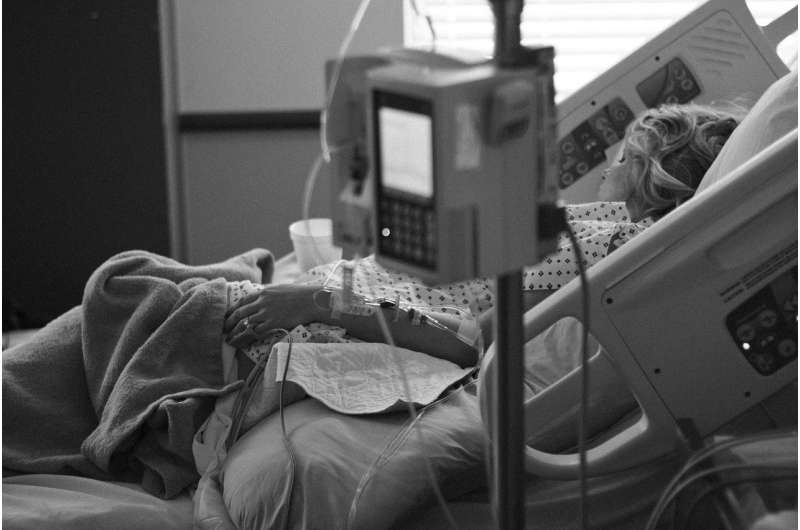Medical bills financially burden almost half of cardiovascular disease patients

Over 45 percent of adult atherosclerotic cardiovascular disease (ASCVD) patients suffer financial hardship related to their medical bills, including many who cannot pay their medical bills at all, according to a cardiovascular medicine and society paper published in the Journal of the American College of Cardiology.
ASCVD is the leading cause of death in the United States and the disease with the highest health care costs for a single class of disease. Even among insured patients, many people with ASCVD are prone to financial hardship because of the high cost of insurance, including deductibles, co-pays and co-insurances. However, there is a lack of data on the full impact of this financial burden.
"The costs of managing ASCVD are substantial and constitute a major source of concern at a personal level, especially for low-income families and uninsured patients who generally may not have enough financial reserves with which to offset the burden of unexpected health care expenditures," said Khurram Nasir, MD, MPH, MSc, senior author of the paper and director of population health and health systems research at Yale Center for Outcomes Research and Evaluation. "Our study highlights that a substantial proportion of non-elderly ASCVD patients and their families in the U.S. struggle with medical bills."
Authors of this paper, led by Javier Valero-Elizondo, MD, MPH, looked at data from the National Health Interview Survey from 2013-2017 to assess the national burden of financial hardship from medical bills among individuals with ASCVD, as well as potential consequences, including financial distress, food insecurity and cost-related medication non-adherence. They specifically looked at adults ages 18-64 with ASCVD to capture the patient population without universal financial protections from public insurance.
Of the 6,160 adults ages 18-64 with ASCVD in the survey, individuals were defined as having financial hardship from medical bills if they or anyone in their family reported having problems paying medical bills in the past year or were currently paying off medical bills over time. If they reported problems paying bills, they were then asked if they have bills they are unable to pay at all.
The study population was then divided into three categories: "no financial hardship from medical bills," "financial hardship from medical bills but able to pay," and "unable to pay bills at all." Researchers found that 45.1 percent were part of families that reported having financial hardship from medical bills, and 18.9 percent reported being unable to pay their medical bills at all. Lower income and higher income individuals, as well as insured and uninsured reported financial hardship and inability to pay; however, the highest burden of financial hardship and inability to pay was reported among uninsured and low-income individuals.
The authors also reported that nearly 1 in 3 ASCVD patients with financial hardship from their medical bills said they were suffering from financial distress, were cutting back on basic amenities such as food or were not taking needed medications as a result. One in 5 patients unable to pay medical bills reported all three situations.
"Our study underscores the fact that while insurance coverage is critical to protect against risk of financial burden from unexpected medical bills, current insurance structure falls short in protecting from financial hardship," Nasir said. "The vast majority of individuals with ASVCD reporting problems paying bills and paying them over time are insured."
Limitations of the study include that the construct used to define financial hardship from medical bills was based upon available data in the survey. Also, the question that asked not only about an individual but if anyone in the household had financial hardship from medical bills, precludes direct assessment of the proportion of medical bills related to ASCVD. However, a recent study found that health care spending on ASCVD patients represented a mean of 70 percent of overall family out of pocket health care spending.
More information: Journal of the American College of Cardiology (2019). DOI: 10.1016/j.jacc.2018.12.004
















